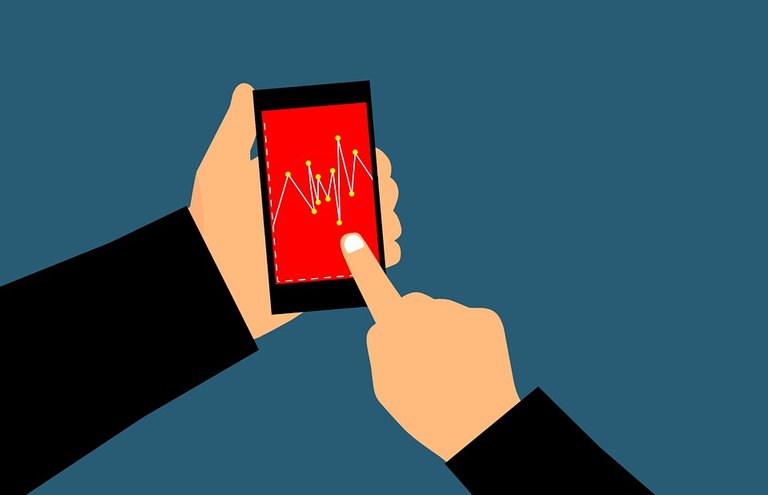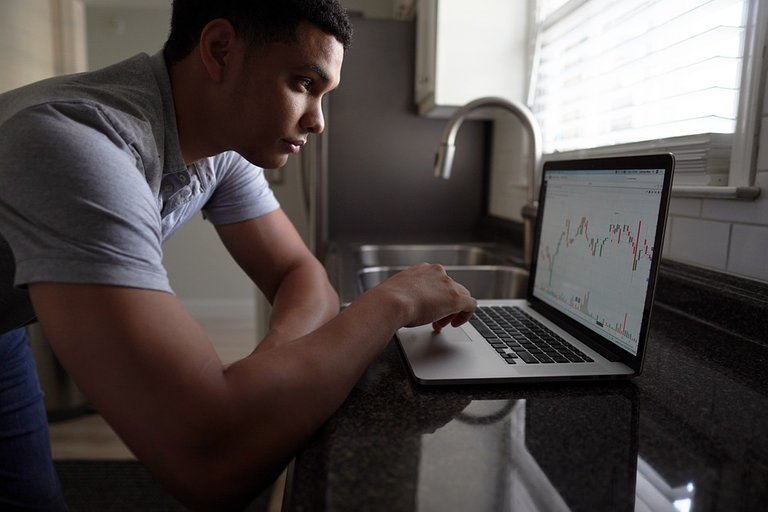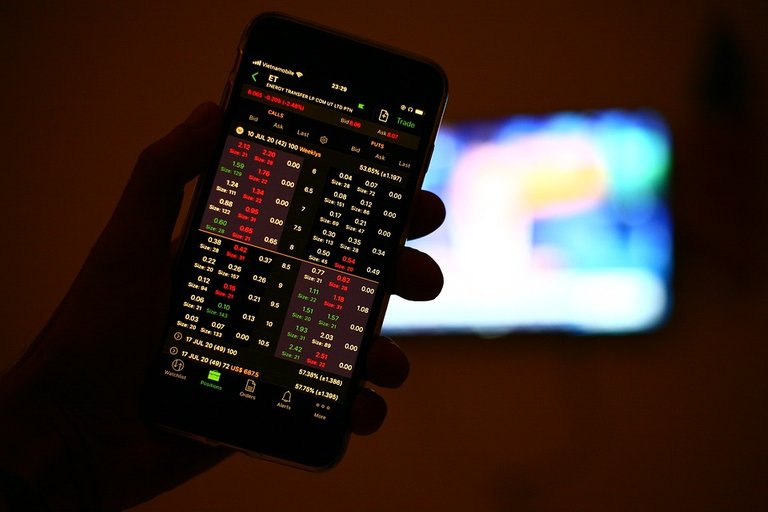What Causes the Forex Market to Move? This is an interesting question, and the answer can be complicated. The best way to explain it is to break it into a few different parts.
First, a few different types of factors affect the forex market. There are economic factors, political factors, and geopolitical factors. These factors can affect the forex market differently, but they are all tied together somehow. Each element can affect the others.
So, without further ado, let's get into the different factors that affect the forex market.

12 Major Causes the Forex Market to Move
Economic data
Economic data is a significant driver of market movements. The release of economic indicators tends to have the most impact on the Forex market because it shows investors how healthy the economy is, ultimately determining interest rates.
Economic indicators that tend to have the most significant impact on the Forex market include:
GDP (gross domestic product): GDP measures the total value of goods and services produced by a country. As GDP rises, demand for a currency also increases because foreign and domestic investors are more willing to invest in that country.
Inflation Rate: Although CPI (consumer price index) and PPI (producer price index) are more commonly used indicators of inflation, central banks use PCE (personal consumption expenditure) as their primary indicator for inflation.
Unemployment Rate: A low unemployment rate indicates that wages are rising and consumers have more money to spend—and as a result, demand for a currency increases.
Interest Rates: The higher the interest rate of a currency, the greater its demand because foreign investors will want to purchase it for its yield.
Trade Balance: This is the difference between exports and imports in terms of value. A large trade surplus indicates an excess in demand for a currency because it is being bought by foreigners, while a large trade deficit indicates
Central banks
Central banks are influential in the forex market. They have the power to print money and set monetary policy for a particular currency. If a central bank raises interest rates, that will generally cause its currency to strengthen.
For example, when the Bank of Japan (BOJ) announced that it would be expanding its quantitative easing program, the Japanese yen weakened. This was because more money in circulation meant more supply of yen on the market, which made it weaker.
Central banks can also influence the currency markets when they intervene in them. For example, if a country has a fixed exchange rate system or peg, and its currency is weakening, its central bank may step in and sell some of its foreign reserves to buy up domestic currency on the market. That will push up demand for its money and help shore up its value.
Central banks can also intervene in forex markets by adjusting interest rates and making statements about monetary policy to affect expectations about future rates.
Political events
Political events. The political spectrum of a country will affect the value of its currency. In the UK, for example, Brexit is likely to strengthen the pound and reduce market volatility as we move towards our exit from the European Union.
In America, we have also seen how politics can impact the forex market; for example, during Trump's presidential campaign, he promised to invest in infrastructure projects and tax cuts. This was seen as negative for the US dollar, but his policies and their effect on the US economy have been more uncertain since his election. Some of these pro-growth policies could be positive for the currency.
Economic events
This includes interest rate decisions from central banks, economic data releases, and statements from politicians or government officials about their countries' economies. Economic events are another primary driver of price action in any market.
Geopolitical events
These events include wars, natural disasters, and anything else that may affect an entire country or region's economy or political situation. Geopolitical events are often the main drivers of currency prices because the markets typically react very strongly to them.
Natural disasters
Natural disasters will move the currency markets. For example, a tsunami hitting Japan would lead to a rise in the value of the Japanese yen as demand for yen tends to increase in times of disaster because of repatriation. Japanese companies and individuals try to convert foreign currencies into yen.
However, natural disasters are not just limited to tsunamis, earthquakes, and floods; they can also include political turmoil, riots, or wars. People don't like uncertainty, and when things get out of hand, they tend to dump their currency. This causes its value to drop.
Psychology of the market and traders
Market psychology, which comes from the aggregate of investor sentiment, is the most powerful force affecting exchange rates. The reason is simple: currencies are bought and sold because people believe their value will change concerning other currencies. Accordingly, as sentiment changes toward one currency or another, its price will change relative to other currencies.
Supply and demand
Supply and demand can be both the cause and effect of market movements.
Forex supply and demand come into play when more buyers than sellers for a particular currency or vice versa. This causes price changes, as the currency exchange rate will adjust to become more attractive to buyers or sellers.
For example, if there is high demand for a currency because the economy is strong but the supply is limited, then that currency's value will rise.
However, if the currency has a high supply because there are many sellers but low demand from buyers, then that currency's value will fall.
Government intervention
Many things cause a currency to move in the forex market. However, I have also identified Government interventions that usually affects the prices of currencies:
Government intervention: Governments can intervene in the foreign exchange market for political and economic reasons. When a government buys or sells its currency on the foreign exchange market, it is an intervention. For example, if the government of a country wants to increase the value of its currency, it will sell US dollars to improve its supply on the market and make its currency more valuable. This is because more people want to buy the country's currency than sell it.
What moves the forex market the most?
The most important thing that moves the forex market is the demand and supply of currencies. Currencies are traded in pairs in the forex market. For example, when you buy EUR/USD, you buy euro and sell US dollars.
When you sell EUR/USD, you sell euro and buy US dollars. The price of a currency pair is affected by the pair's supply and demand for currencies.
Why do forex markets move?
The forex market moves when traders take positions on different currencies. The positions are converted into contracts, and the trading system automatically enters new positions when the contract expires. The position's value at the expiration time is compared with the original position.
If the value is less, the trader would have lost money, and the trading system would have automatically sold the currency. This process continues as long as traders are taking positions on different currencies.
What is the underlying trend to the market move?
The underlying trend in the market move is oil, interest rates, and the economy. Oil is going up, which makes everything transported cost more. That includes food and manufactured goods. Also, the interest rates are going up, making borrowing money more expensive. When the rates go up, investors want higher yields for fixed-income investments.
So, investors are selling bonds and buying stocks to get more results. The last reason is that the economy is improving, boosting corporate profits.
How do you predict the market move?
There are always market-moving events that can be predicted. The most obvious is the release of news affecting a currency.
A lot of people try and trade the news. But it can be tricky to get right because markets can move fast, and price moves are often exaggerated in the short term.
So, it's best to wait for the market to settle down, in my opinion.
Final Remarks!
What causes the Forex market to move? It's a question that so many of us interested in becoming involved in Forex trading would like an answer to. Still, unfortunately, we have many theories but no clear-cut answers.

